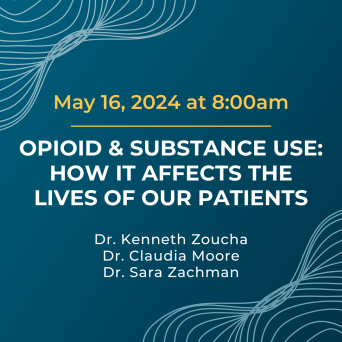According to the 2021 National Survey of Drug Use and Health an estimated 6.7% of adults aged 18 or older in 2020 (or 17.0 million people) had co-occurring any mental illness (AMI) and a substance use disorder (SUD), and 2.2% (or 5.7 million people) had co-occurring serious mental illness (SMI) and a SUD in the past year. While our knowledge of neurobiology has blossomed, it is important to remember that substance use has far-reaching health and social consequences. Addiction impacts normal functioning in the family, among peers, in school and the workplace, and the broader community.
Because substance use and SUDs impact so many aspects of a person’s life, treatment is not simple. Effective treatment addresses many components of life, and to be effective, an individual treatment plan addresses particular aspects of the illness and its consequences. It is important that SUDs are seen as a chronic disease process that requires ongoing care to be effective. Resiliency factors will be addressed. This training will also address epidemiology, neurobiology, effective screening and assessment, and evidence-based treatment.
FREE Training
Audience: professionals in psychology, behavioral health, and social work
Instructional Level: Intermediate
Speaker: Drs. Kenneth Zoucha, Claudia Moore, and Sara Zachman
This training has been approved for 3.75 continuing education (CE) credits for psychologists* and 3.75 CE credits for Nebraska LMHP/LIMHP, and 3.75 CE credits for Nebraska LADC/PLADC. Credits will be awarded to participants who attend the entire training.
*Continuing education for psychologists may be used by other licensed behavioral health professionals. Please check with your licensing board. Continuing education credit is granted on a one credit per one instructional hour basis.
The University of Nebraska Public Policy Center (NUPPC) is approved by the American Psychological Association to sponsor continuing education for psychologists. The NUPPC maintains responsibility for this program and its content.
OBJECTIVES
- Understand how the neurobiology of opioids make them so prone to a use disorder.
- Identify the impact that opioid use can have on pregnancy and why it is important to screen pregnant women.
- Discuss the impact that co-occurring psychiatric disorders can have in patients with substance use disorders.
- Describe the science behind the use of medications to treat opioid and other substance use disorders.
See event flyer for more info: go.unl.edu/opioid-su-flyer
Sponsored by the Nebraska Department of Health and Human Services Division of Behavioral Health and the University of Nebraska Public Policy Center.
There are no personal or professional relevant conflicts of interest in relation to this presentation.

